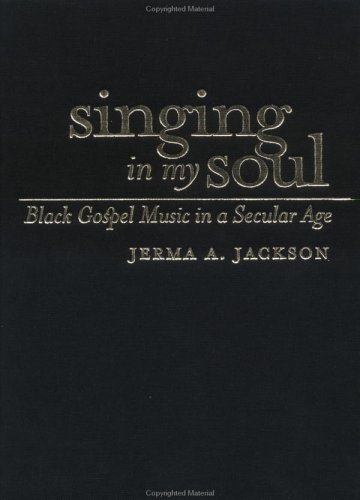

Most ebook files are in PDF format, so you can easily read them using various software such as Foxit Reader or directly on the Google Chrome browser.
Some ebook files are released by publishers in other formats such as .awz, .mobi, .epub, .fb2, etc. You may need to install specific software to read these formats on mobile/PC, such as Calibre.
Please read the tutorial at this link: https://ebookbell.com/faq
We offer FREE conversion to the popular formats you request; however, this may take some time. Therefore, right after payment, please email us, and we will try to provide the service as quickly as possible.
For some exceptional file formats or broken links (if any), please refrain from opening any disputes. Instead, email us first, and we will try to assist within a maximum of 6 hours.
EbookBell Team

0.0
0 reviewsFemale gospel singers initially developed their musical abilities in churches where gospel prevailed as a mode of worship. Few, however, stayed exclusively in the religious realm. As recordings and sheet music pushed gospel into the commercial arena, gospel began to develop a life beyond the church, spreading first among a broad spectrum of African Americans and then to white middle-class audiences. Retail outlets, recording companies, and booking agencies turned gospel into big business, and local church singers emerged as national and international celebrities. Amid these changes, the music acquired increasing significance as a source of black identity.
These successes, however, generated fierce controversy. As gospel gained public visibility and broad commercial appeal, debates broke out over the meaning of the music and its message, raising questions about the virtues of commercialism and material values, the contours of racial identity, and the nature of the sacred. Jackson engages these debates to explore how race, faith, and identity became central questions in twentieth-century African American life